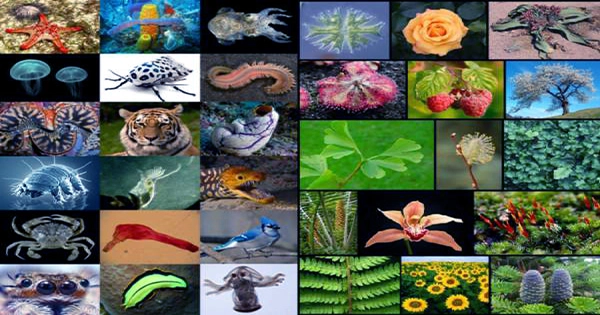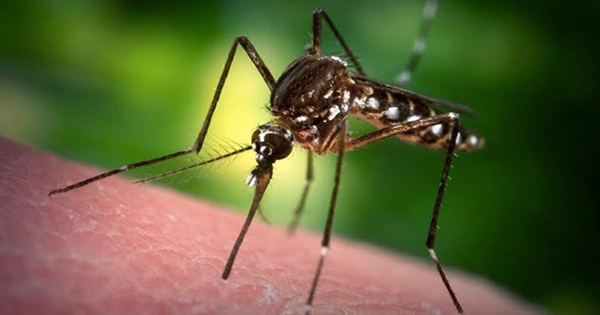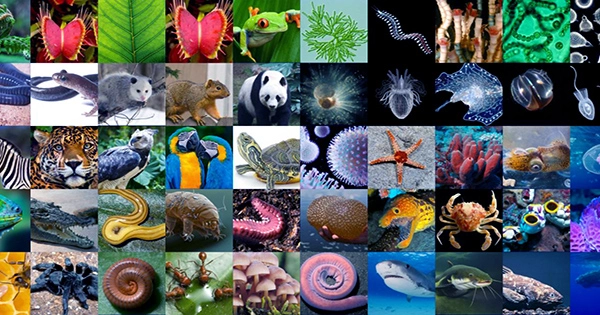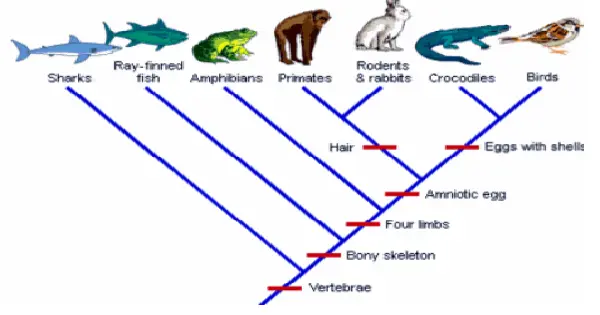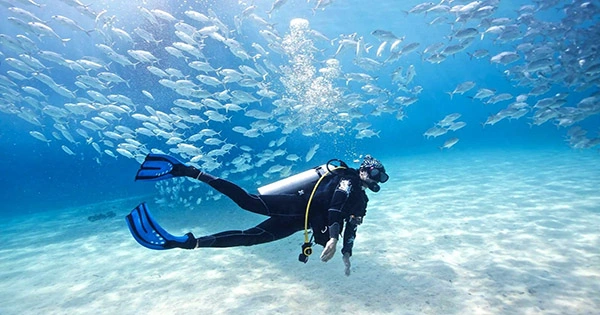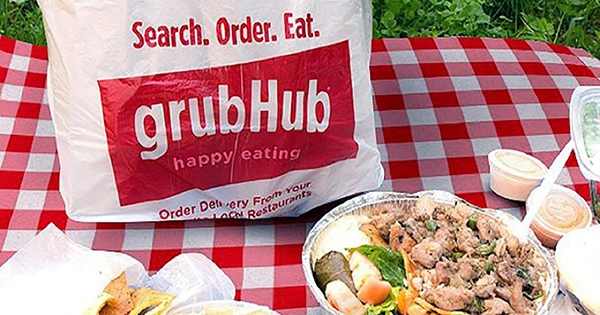Two species will compete with one another if their niches are identical.
- One species will eventually outperform the other in terms of success.
- One species may develop to have a slightly different niche if enough time passes and the competition is not too intense.
- In the case that this does not take place and enough time passes, one species will eventually outcompete the other.
True niche overlap is uncommon since species typically partially but not completely overlap. A population may choose to use a different strategy to exploit its niche instead of competing, which is energy-expensive: —
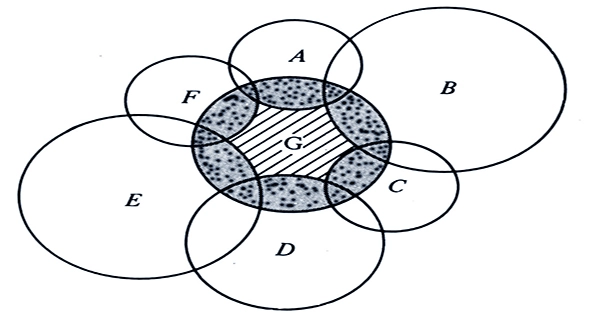
utilizing a less desirable food source, switching to a new form of habitat, settling in a location after the other species have used it to their fullest capacity, and so forth. It will make use of uncontested areas within its niche or regions where it is the prevailing species.
The niche of Species G overlaps with those of numerous other species in the picture below, where each circle represents a species niche (solid grey areas). Due to this overlap, Species G really utilizes the region with the diagonal lines as its niche. It solely uses this section of its niche and avoids competing with other species.
A niche is not a species’ habitat, keep that in mind (click on the definition of niche above to review this). The habitat of a species will nearly always be shared by many other species, but how each uses the habitat will vary to varied degrees. If two species A and B both eat fruit from the same tree, then either Species A is nocturnal and Species B is diurnal, or Species A eats overripe fruit while Species B only eats ripe fruit.
Check out this site and search for the section titled “Niche Overlap and Competition” to learn more about this subject in-depth.
